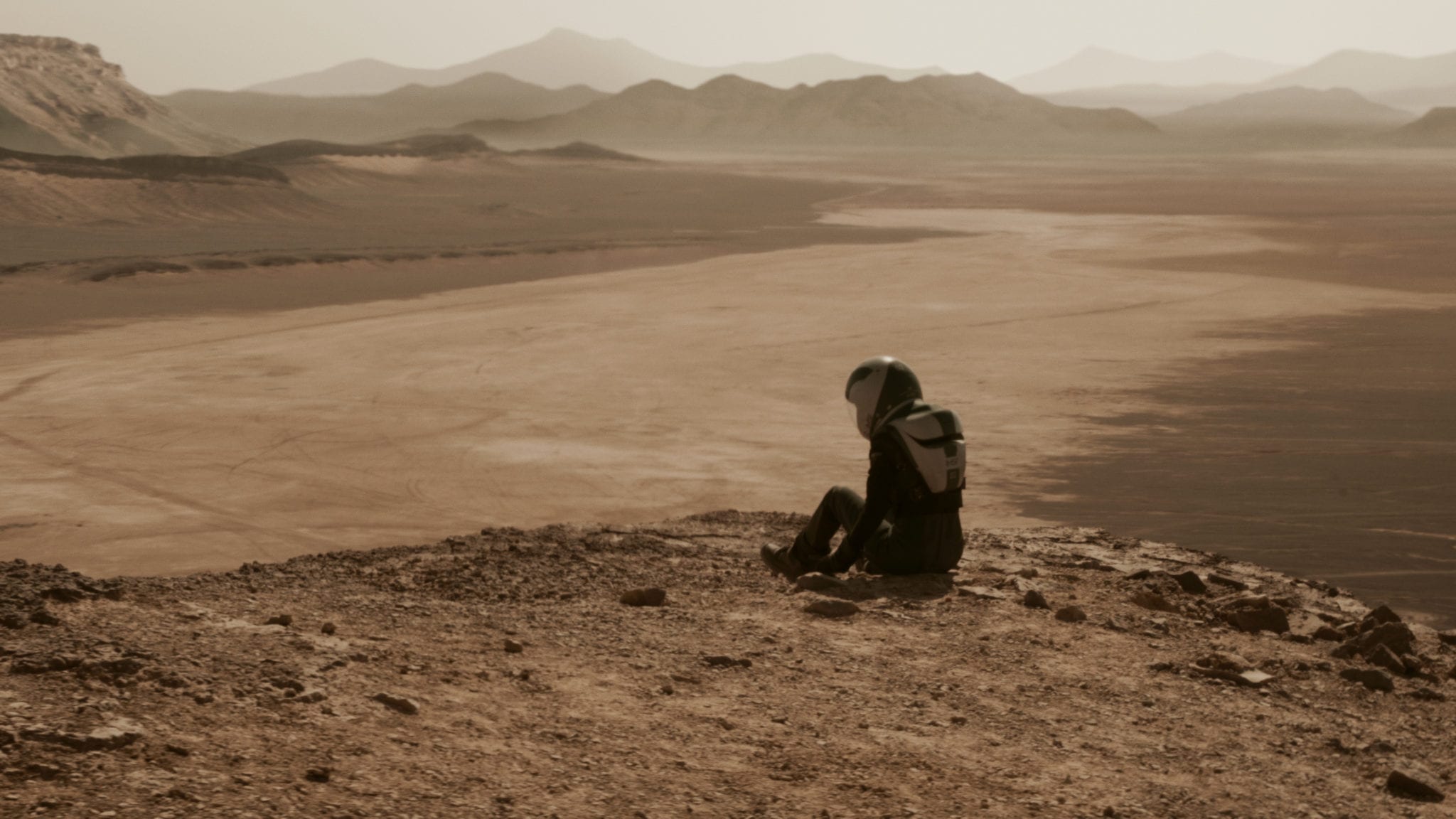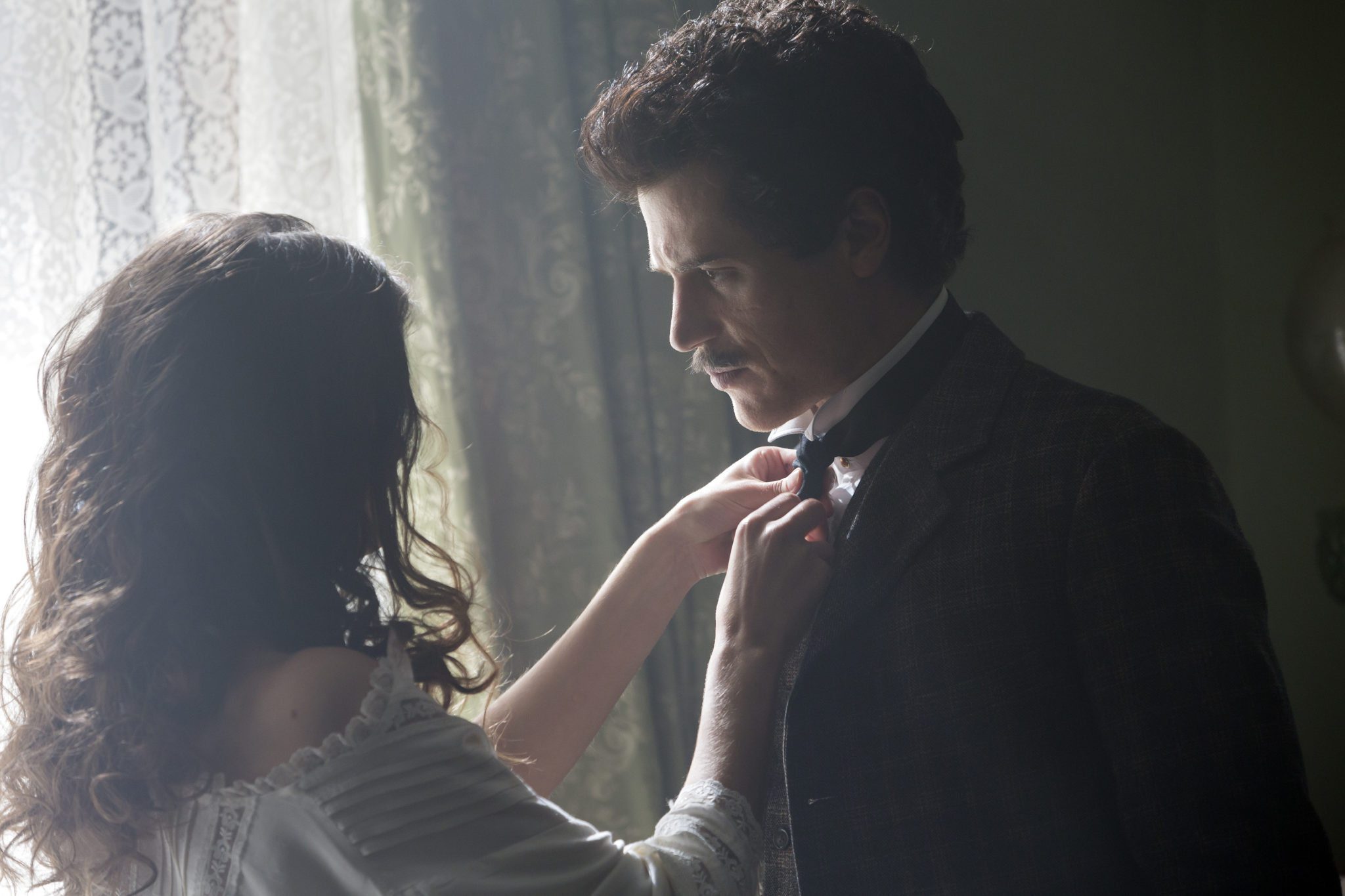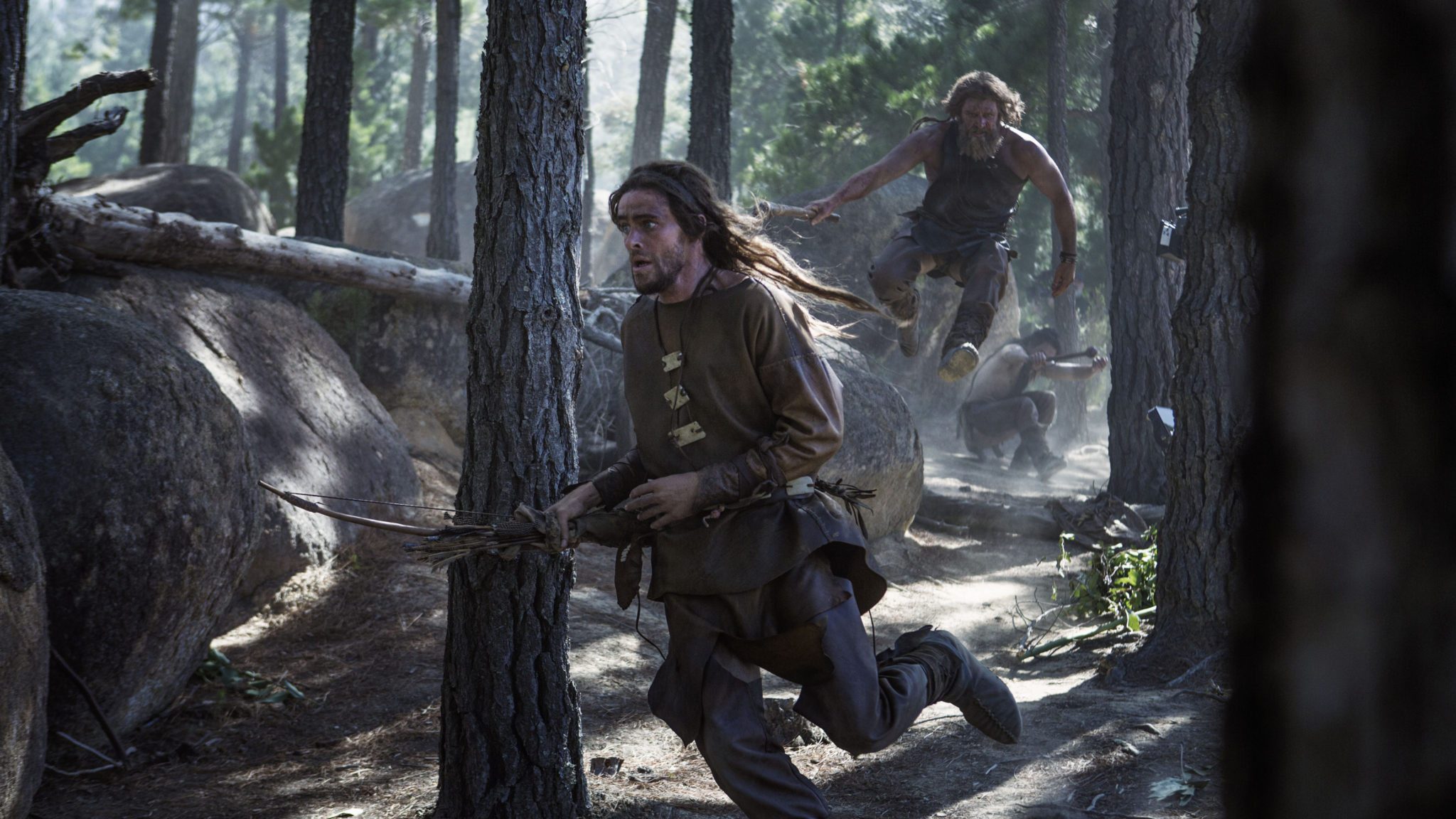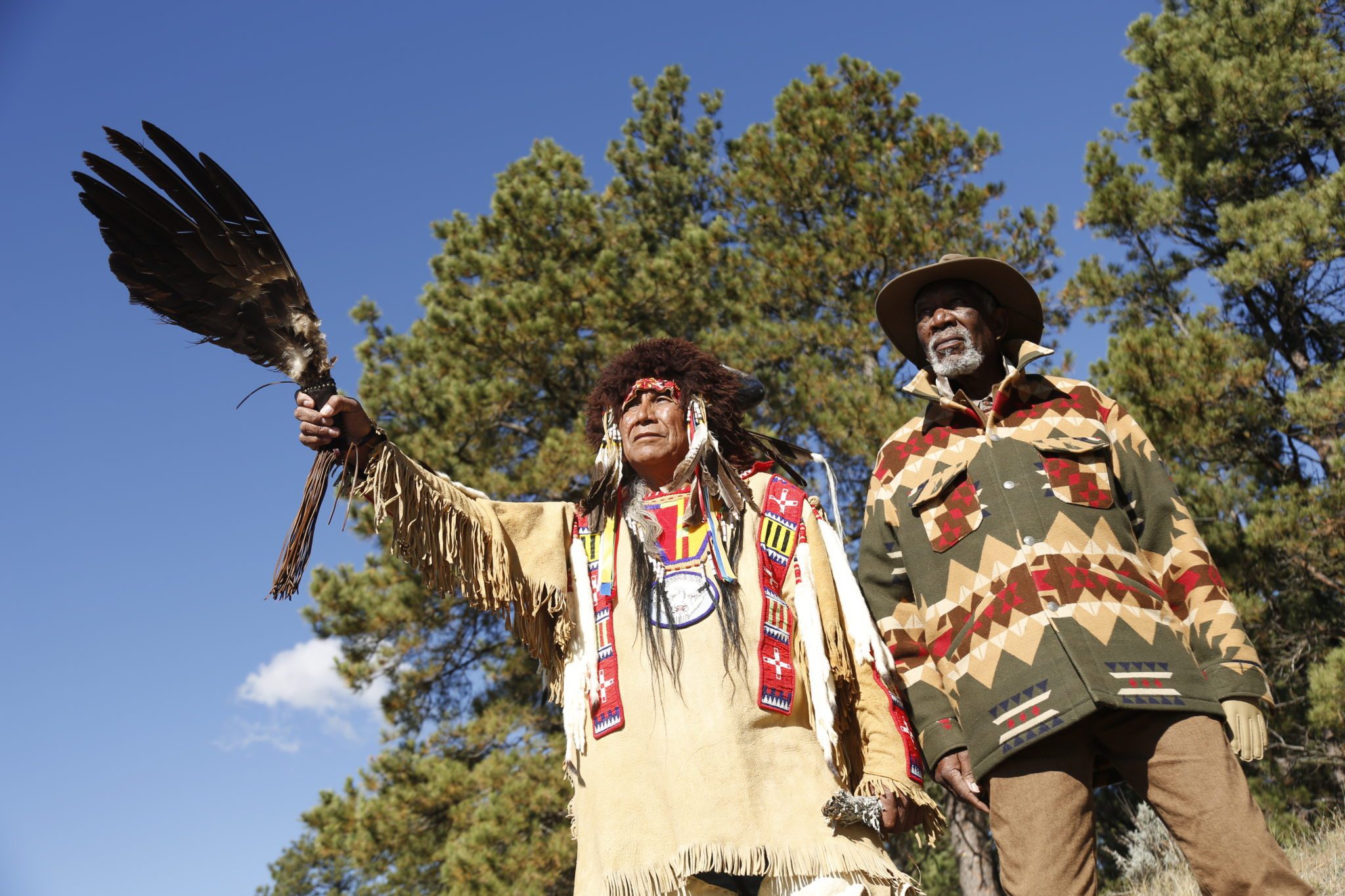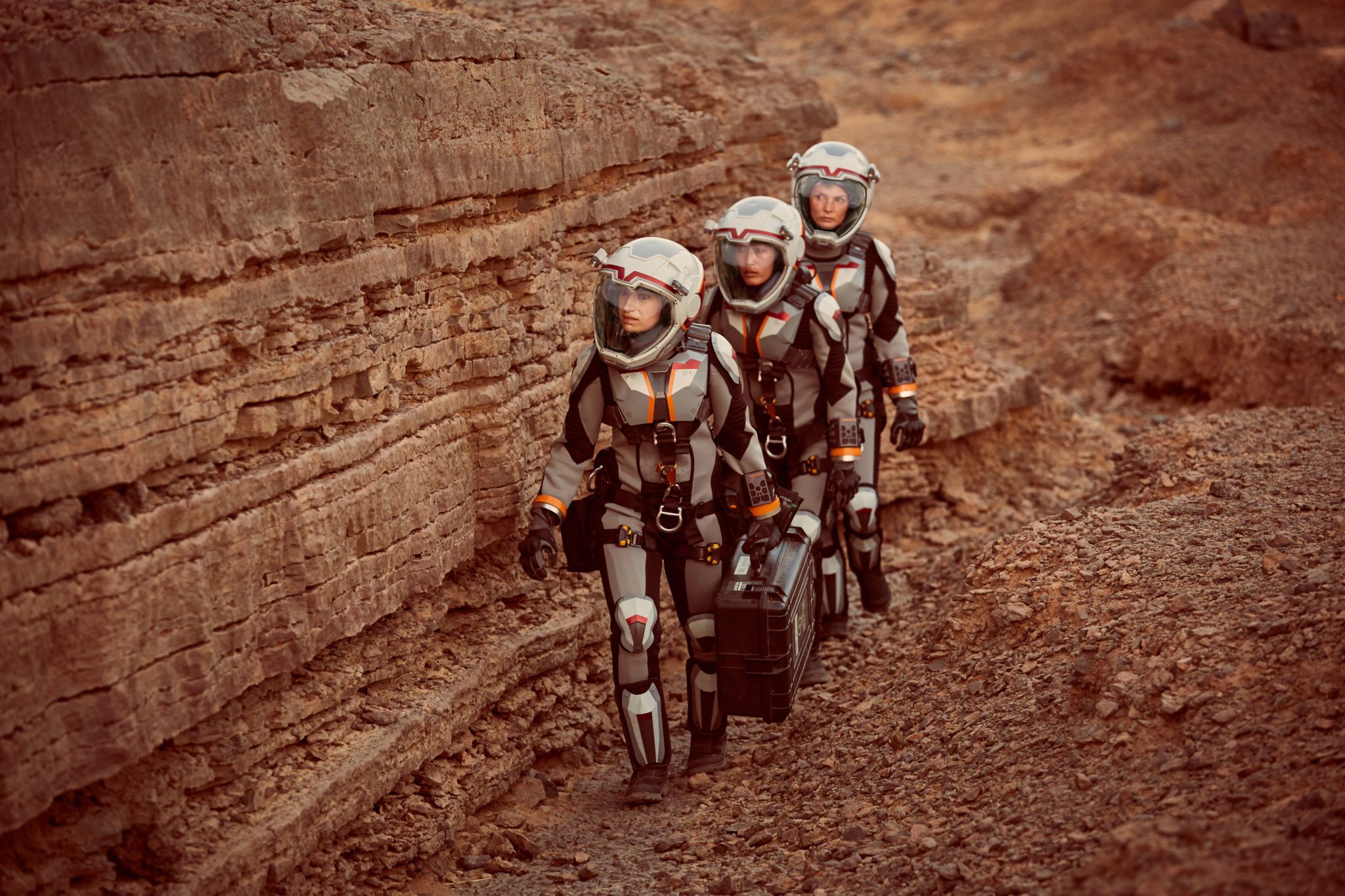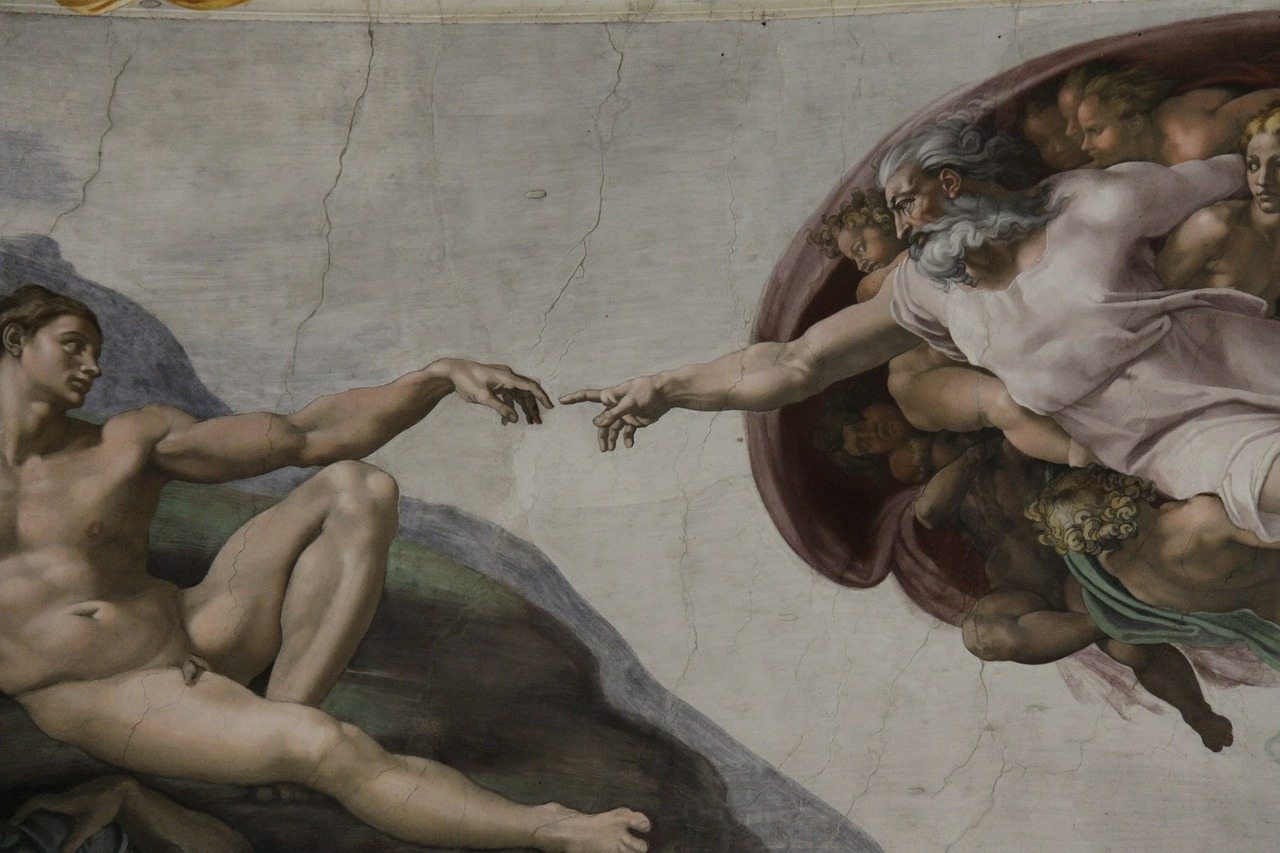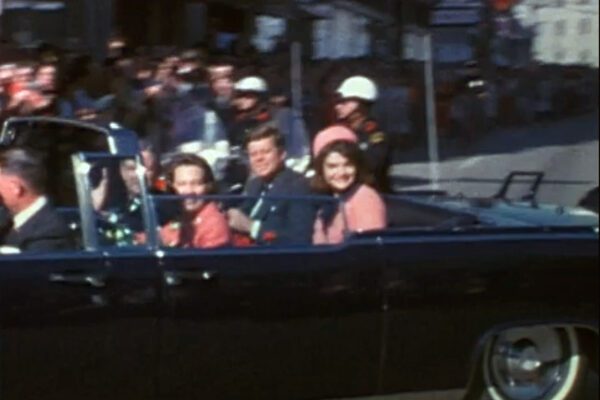
JFK: A Day in America
This year marks the 60th anniversary of the assassination of President John Kennedy. November 23, 1963, is one of those dates that is unforgettable for Americans who lived through it. Comparable dates would be December 7, 1941, and September 11, 2001—dates that are forever seared into our national collective memory. National Geographic is bringing out…

